11 Top Mace Substitutes
When you buy through our links, The Breslin may earn an affiliate commission. Learn more
Learning what mace substitutes are critical as it might not be available all-time or all-place. Indeed, mace is a familiar ingredient for seasoning foods, from sweets to savories.
And I know how frustrating it is if you do not have it when the dish you are making requires a small amount of mace. But it is time to throw your worries away regarding lacking mace because I will show you the backup plans for it.
Wait no longer; here is the list of best-chosen alternatives for mace. Let’s jump right in.
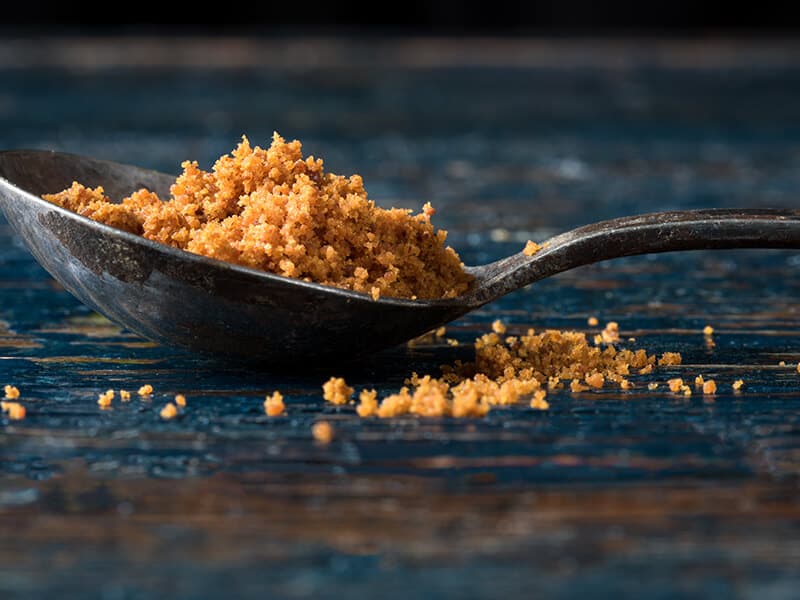
What Is Mace, And Why Is It So Versatile?
Mace is the thin reddish skin that covers nutmeg seed from Myristica fragrant – an evergreen tree. The origin of mace is from Indonesia. You can spot this tree in Banda Islands – also known as Spice Islands.
To produce mace spice, people will flatten mace and dry them in 10 to 14 days (1), making them have a yellow-brown or tan color afterward. You can buy mace ground (mostly) or a whole dried form.
Nowadays, mace spice has gained huge trust in many famous cuisines like Asian, Indian, Caribbean, or European due to its warm, woody, sweet, and light pungent smell. No matter if it is a sweet or savory dish, mace still finds a way to make your food delicious.
However, the main disadvantages of this ingredient are its rare availability and costly price tag. So the following part is the most critical section in this article, which are the 11 best mace alternatives that you can find easier in your area.
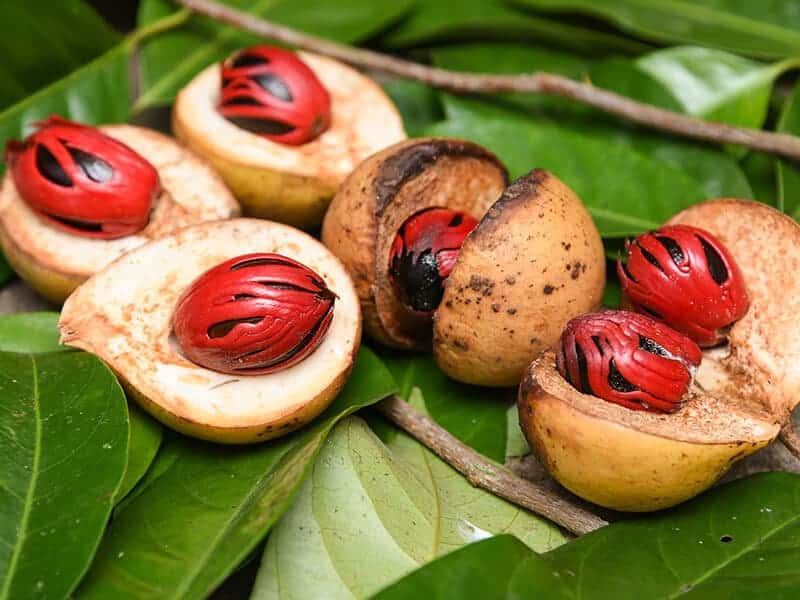
Top 11 Handy And Convenient Solutions For Mace Substitutes
After many trials, I finally ended up with a list of mace replacements. These ideas are varied; some are expensive, some are affordable. But they have the same characteristic that they can replace mace well in numerous cooking recipes.
Let’s begin with a table of brief information for substituting mace.
1. Mace Blades
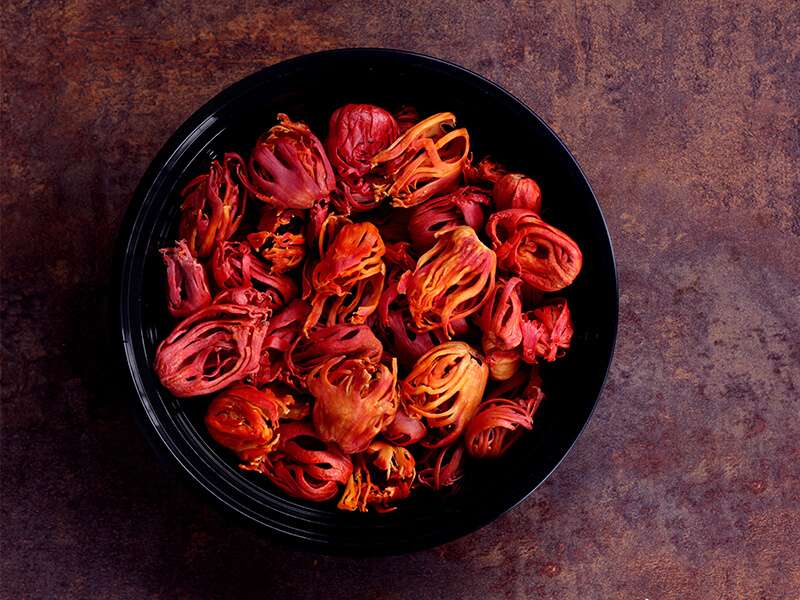
As mace is typically sold in ground form, people might forget the appearance of mace blades. For your information, a mace blade is the whole form of mace, thereby using it to make ground mace is easier.
There are some differences between whole and ground mace. Remember, mace blades cannot dissolve well in water, and ground mace’s flavor is quickly lost. Plus, mace blades are also cheaper, so it should be your first attention to replace ground mace.
Use an equal amount for exchange, and mace blades are used best in steamed, rice, or stock recipes with longer cooking time as they cannot dissolve in water. You can use the blades of mace to make dessert as well.
2. Nutmeg
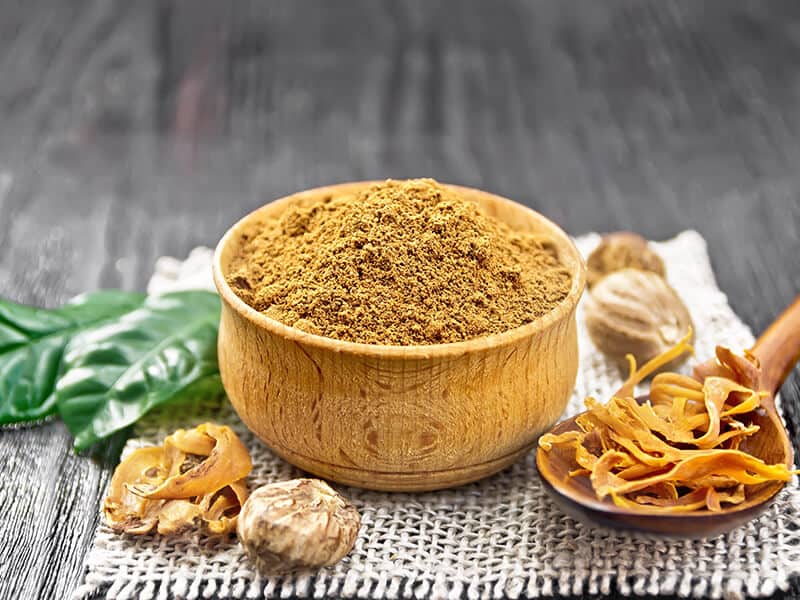
As explained in the first part, nutmeg is the seed covered by mace. They are from the same plant, which is the nutmeg tree. Therefore, nutmeg and mace share some relevant flavors like sweet and nutty in general.
That’s why nutmeg is the second-best option when you do not have mace on hand. However, nutmeg’s taste and smell are pretty stronger and sweeter than mace.
To substitute mace, a ratio of 1:1 is acceptable. Use nutmeg in any recipe that asks for mace, especially in sausage, meaty, baked, pudding dishes, or even drinks.
Want to know more about nutmeg and mace differences? This presentation will help you.
3. Allspice
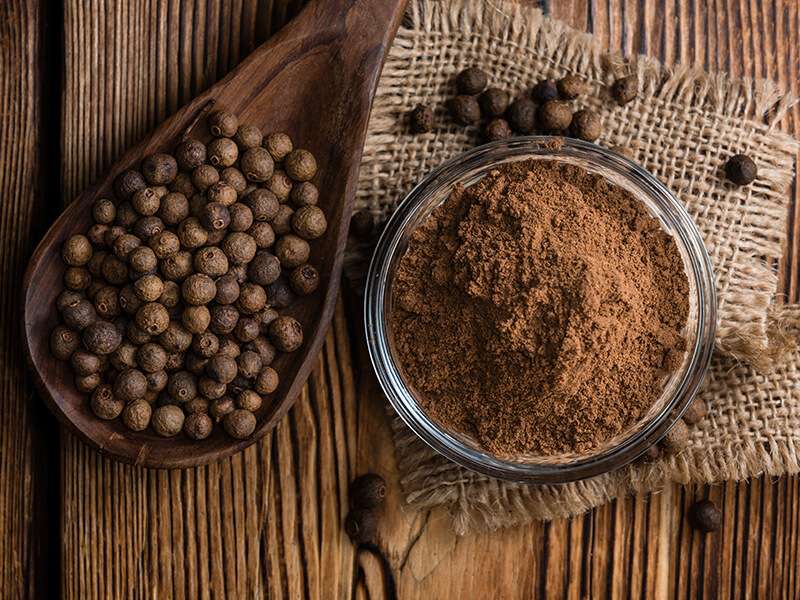
Allspice (or Jamaica pepper) is a spice made from the unripe berries of the Pimenta dioica tree. And the term ‘allspice’ emerged in 1621 and was used by English as they believe allspice’s flavor is a mixture of many flavors that includes nutmeg, clove, and cinnamon (2) .
And thanks to its warm and sweet taste, allspice is another great mace replacement. You can find allspice in form and ground form at the markets.
The best exchange ratio is 1:1. So 1 portion of allspice is for 1 portion of mace. For the whole allspice form, the best ideas that you can use to replace mace is stew dishes, particularly beet or lamb ones.
You can also use whole allspice for brine and pickles. On the other hand, ground allspice can shine in soups, baked dishes, vegetables, and desserts.
4. Cinnamon
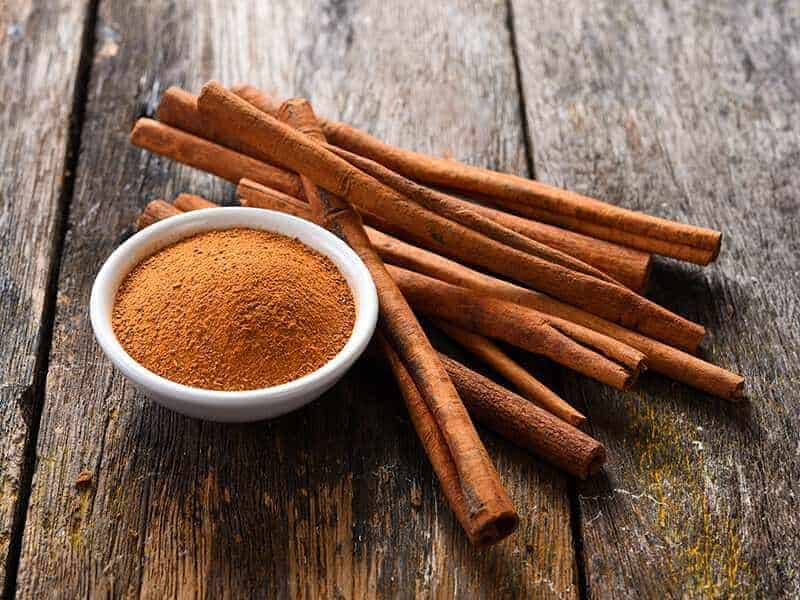
Cinnamon – another mace’s flavor reduplication that is available in most American stores. And do you know cinnamon is one of the oldest ingredients that appeared from ancient Egypt?
So what makes cinnamon ideal to substitute mace? The spiciness and sweetness in cinnamon can save your dishes which require mace.
You will also sense some citrusy and woody hints in cinnamon, making them have a more robust flavor and smell than mace. So, reduce half of the cinnamon amount for 1 teaspoon of mace whenever you use it for replacement.
Curries, sausages, meat, baked desserts, drinks, whatever sweet or savory dishes call for mace, cinnamon will be your perfect alternative. They are sold as ground or whole sticks. But the best replacement for ground mace should be ground cinnamon.
5. Ginger
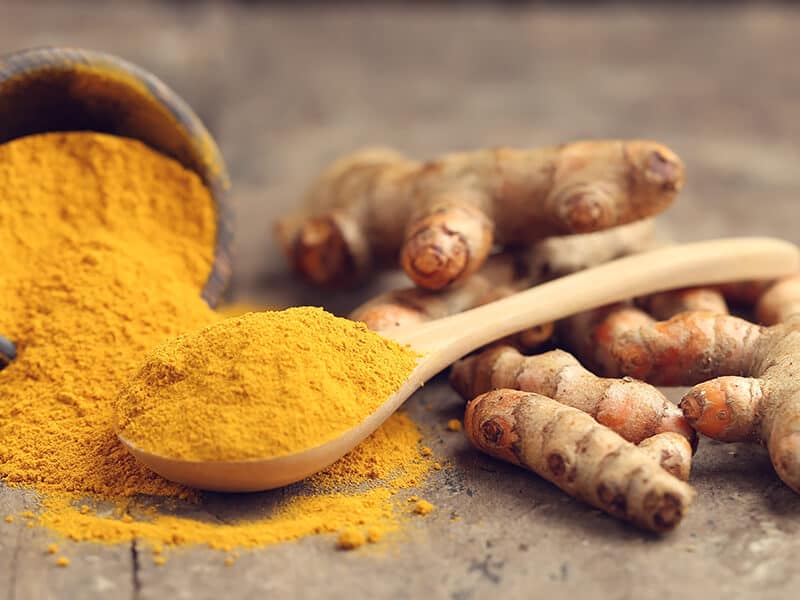
Ginger is an indispensable ingredient in Southeast Asian regions. Come in an irregular shape with thin skin and pale yellow flesh; ginger also offers many incredible health benefits. Plus, you can find ginger in many forms, like fresh, ground, dried, powdered, and candied.
And its culinary uses are also flexible as ginger’s sweet and spicy flavors can pair well in several dishes. So if there is some ginger in your pantry, go for it in place of mace.
In reality, ginger is spicier and less sweet than mace. But it is totally fine to use 1 portion of ginger to swap for 1 portion of mace.
People mostly use ginger to season meat, soups, sauces, curries, desserts, beverages, or you can find them in many types of spice mixtures.
How good is ginger? Well, really good is the answer.
6. Pumpkin Pie Spice
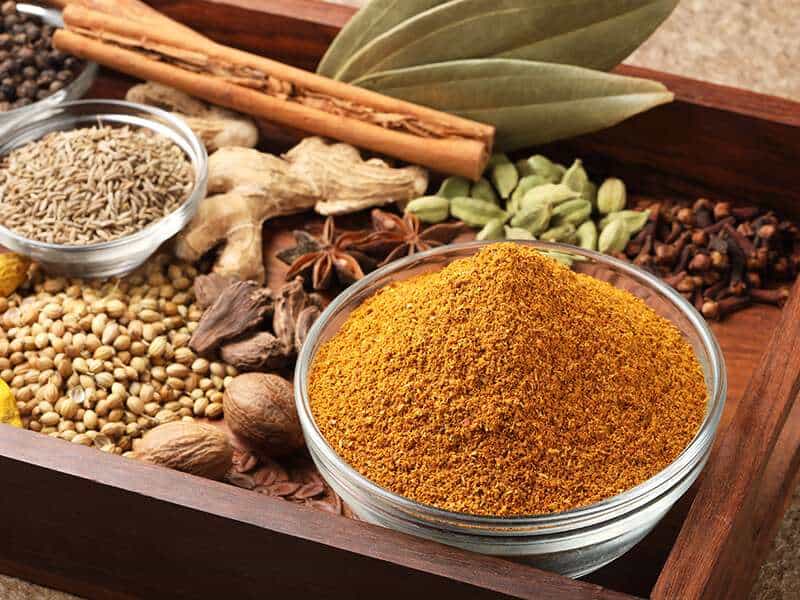
Fun fact: there is no pumpkin in pumpkin pie spice.
Do not let the name fool you; pumpkin pie spice is truly a combination of many spices like ginger, cinnamon, allspice, and nutmeg, And as it contains all the flavorings that can resemble mace’s flavor, pumpkin pie spice is another solution for you.
This spice is famous for its use in pumpkin pies. But you can create various desserts like cakes, cookies, waffles, pancakes, drinks, etc., with pumpkin pie spice. Use the same amount of this spice to swap for the mace.
7. Apple Pie Spice
The star in apple pie spice is cinnamon and some other spices like nutmeg, ginger, allspice, and cardamom with smaller amounts. Therefore, apple pie spice can be seen as another potential substitution for mace.
But as this ingredient has a strong taste of cinnamon, you should use 1/2 amount of apple pie spice to exchange for 1 part of mace.
Moreover, apple pie spice can only work as a mace substitute in apple-based recipes. So whether it is cookies, pies, tarts, puddings, etc., it should include apples in these treats.
Making apple pie spice at home cannot get any easier with this instruction.
8. Cloves
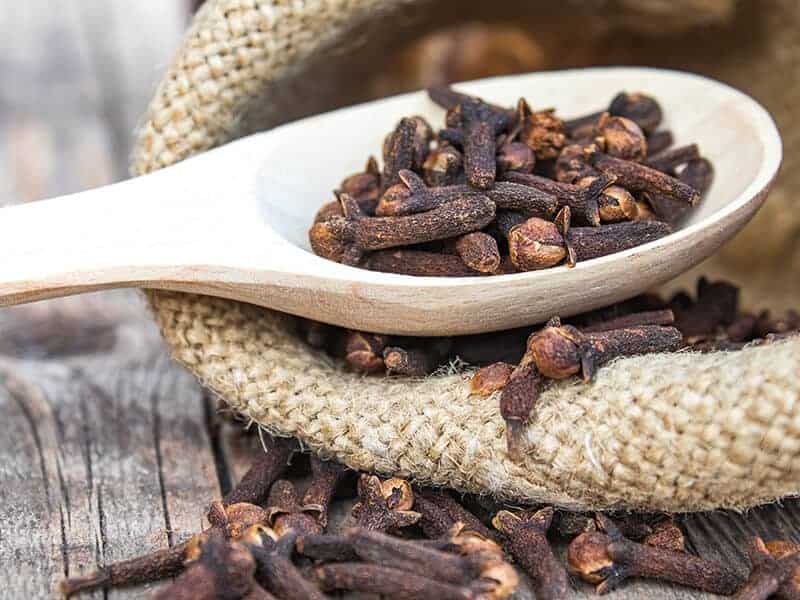
Like mace, clove is an Indonesian-originated spice that has a black and brown color. This spice comes from clove flower buds that you can buy in the ground and whole shape.
Cloves’ flavor is peppery, sweet, smoky, light bitter with a strong aroma. When you use them in recipes that need mace, clove can still provide warmth and sweetness as mace does.
But for the best outcome, you should grind the whole clove into powder to replace mace. And deduct 1/2 amount of clove for replacing a whole part of mace.
Clove’s uses vary, from sweet to savory recipes, from cakes, cookies, and meaty, or rice dishes. Or you can add them to your drinks like wine, chai, or cider.
9. Garam Masala
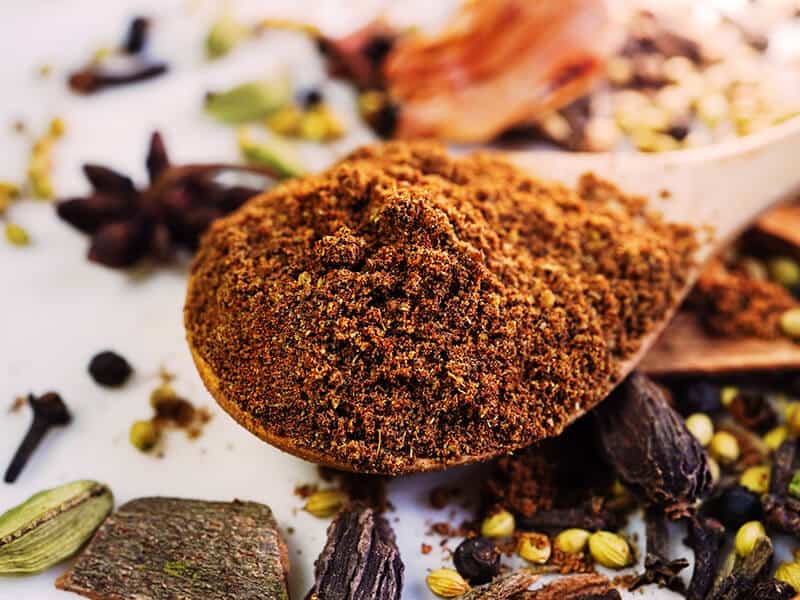
If you have tried Indian, South Asian, or Pakistani food, I think you might have heard of garam masala. As the staple spice in these cuisines, garam masala is known for its complex taste that perfectly blends in many recipes.
Why do they have a complex flavor profile? Because garam masala is also a mixture of several ground spices, commonly nutmeg, black pepper, cinnamon, cloves, cardamom, cumin, etc. It can come in different recipes based on where garam masala is made.
Overall, this spice can add floral, sweet, and light spicy to your food. Apply 1:1 ratio to replace mace to season meaty dishes, curries, or Moroccan roasts.
10. Cardamom
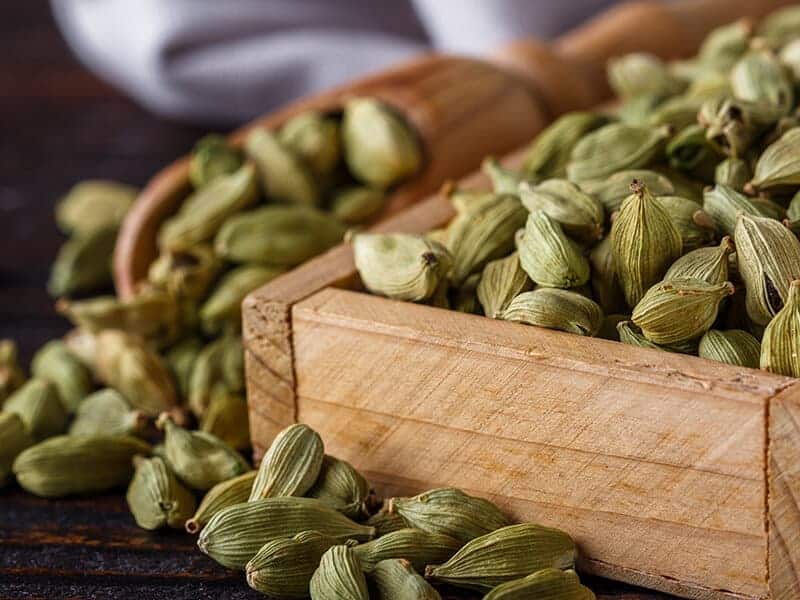
Cardamom can be an expensive mace replacement, but it is worth every penny. This component has a unique flavor profile and is not similar to mace taste. But still, they can work in substituting mace in a pinch.
The sweet, spicy, minty, lemony, and pungent flavor is what I can tell about cardamom’s taste. There are 3 different cardamom varieties as green, black, or white types.
Though each of them has a distinctive flavor, they have 1 thing in common: they are perfect for many sweet and savory treats.
To exchange for mace, 1/2 teaspoons of cardamom for 1 teaspoon of mace is an ideal ratio. You can use this spice to flavor your meat, soups, or stews. Green cardamom is preferred for dessert, tea, or baked recipes that ask for mace as they have a sweeter hint.
Let’s pay some attention here to create the best cardamom right in your kitchen.
11. Cumin
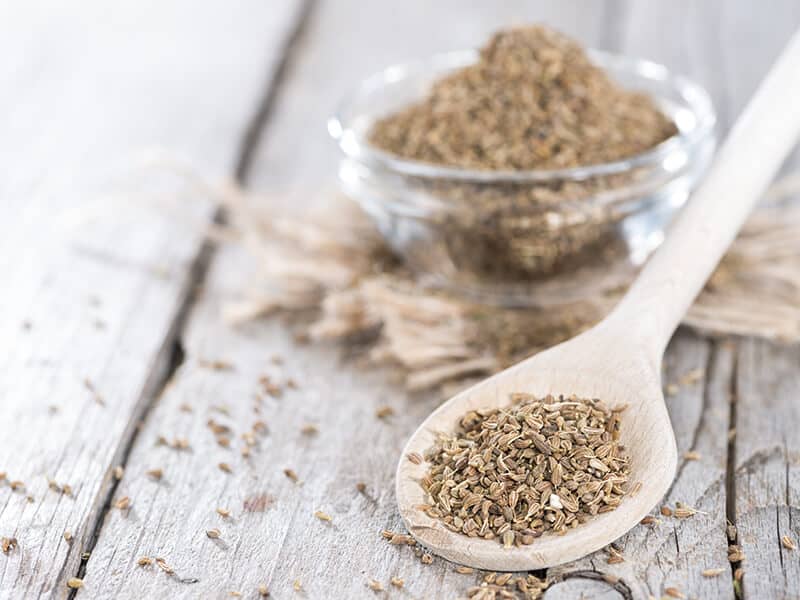
Cumin is a long-history ingredient from ancient Egypt. Today, they are a widely-used spice in Indian, Middle Eastern, Latin American, North African, and Middle East cuisines.
Cumin is from dried seeds, and you can find them in both ground and whole form. But for the most flavorful taste, the seed should be toasted first.
Thanks to its earthy, warm, and bittersweet flavor with light aroma, cumin is excellent for meaty dishes, particularly pork and beef, soups, sauces, chili, or veggies. The suitable ratio of this swapping is 1/2: 1, as 1/2 part of cumin equals 1 part of mace.
FAQs
Is there anything that you are still unclear about mace and its substitutes? If yes, I hope the below 5 questions and answers are helpful to you.
Choose One Mace Replacement And Give It A Try!
There is no right or wrong in using one ingredient to replace another one. So if you can find your favorite alternatives from this list, stick with it with the recommended ratio.
Final word, every spice I present in this post can resemble mace flavor at some levels, so taste as you go to ensure the final outcome is absolutely tasty. And if you like it, please click like and share so everyone you love can know these solutions as well. I appreciate your support.
References
- En.wikipedia.org.. Nutmeg#Mace – Wikipedia.
- En.wikipedia.org.. Allspice – Wikipedia.

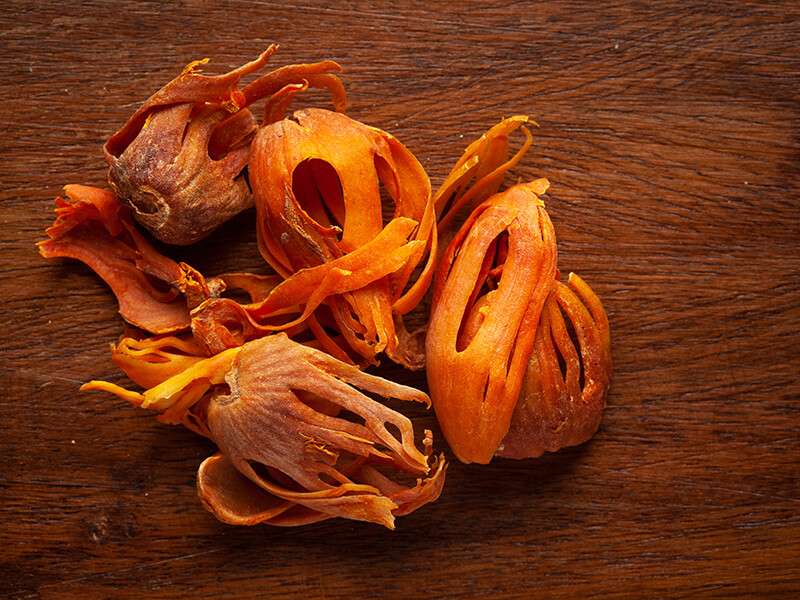

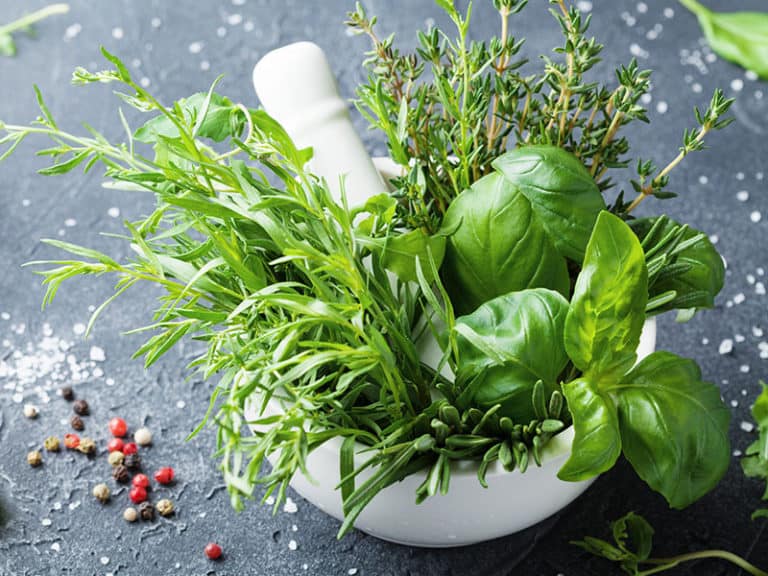
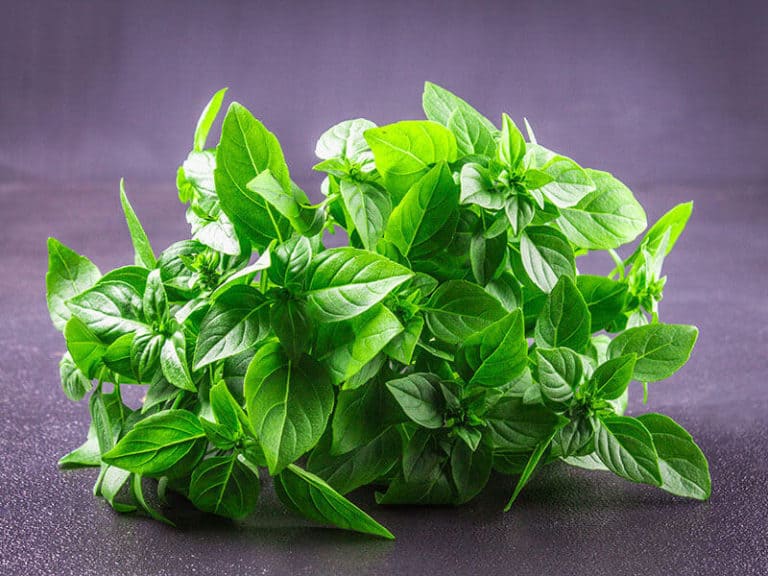
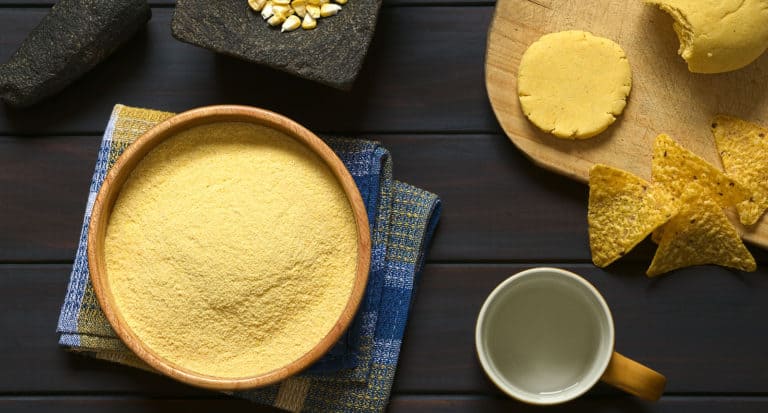
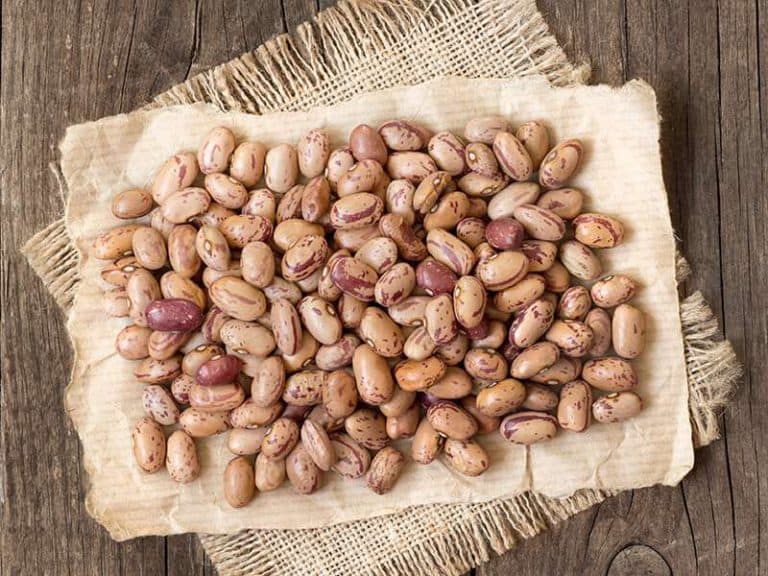
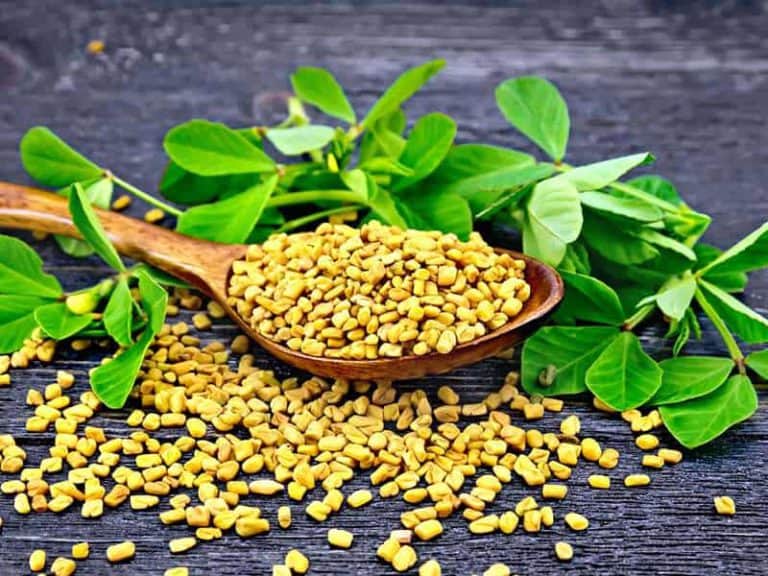
Amanda Collins
Founder and Senior Culinary Editor
Expertise
Culinary Arts and Management, Food Journalism and Critique, Recipe Development and Testing, Global Culinary Traditions, Sustainable Food Practices
Education
Institute of Culinary Education (ICE), New York, NY
Program: Diploma in Culinary Arts
Focus: Intensive hands-on training in culinary techniques, recipe development, and kitchen management, preparing students for professional roles in the culinary industry.
Monroe College, New Rochelle, NY
Program: Associate in Applied Science in Culinary Arts
Focus: Practical culinary skills, including cooking techniques, menu planning, and kitchen operations, with an emphasis on hands-on experience and industry standards.
Amanda Collins is a seasoned chef and food editor with a deep love for global flavors. Trained at the Institute of Culinary Education and Monroe College, and with over 15 years in the culinary field, Amanda has refined her skills in kitchens worldwide. Her background in food studies gives her a unique ability to share both recipes and the cultural stories that shape them.
As senior culinary editor at thebreslin.com, Amanda’s work brings authentic dishes to life, inviting readers to explore new flavors and techniques from around the globe. Her approachable style makes it easy for anyone to bring a bit of the world’s cuisine into their kitchen.